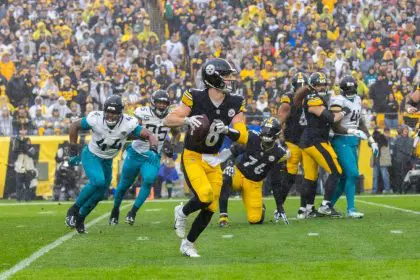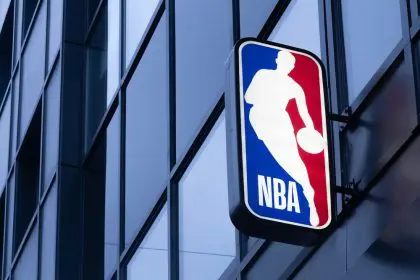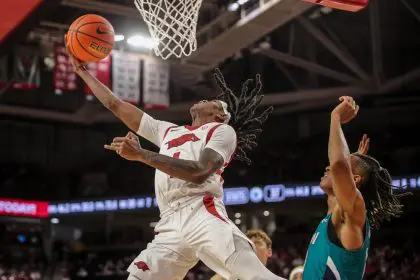The vibrant spirit of New Orleans faces one of its darkest moments following the devastating New Year’s Day attack on Bourbon Street. In response, New Orleans Pelicans forward Zion Williamson has stepped forward with a substantial $100,000 donation to the Greater New Orleans Foundation’s Tragedy Fund, demonstrating leadership that extends far beyond the basketball court. This gesture reflects the deep bond between the city’s athletic community and its residents, showcasing how sports figures can mobilize support during times of crisis.
The day that changed Bourbon Street
The tragic events unfolded when 42-year-old Shamsud-Din Jabbar drove his truck into an unsuspecting crowd, resulting in 14 fatalities and numerous injuries. The incident concluded in a fatal police confrontation with the perpetrator, leaving the community grappling with profound loss and searching for answers. The attack’s impact rippled through the city’s cultural heart, temporarily halting the signature vibrancy of one of America’s most celebrated entertainment districts.
The aftermath of the incident has left an indelible mark on the historic street, prompting increased security measures and community discussions about public safety. Local authorities have begun implementing enhanced surveillance systems and crowd management protocols to prevent similar tragedies in the future.
Athletic excellence meets community leadership
Williamson’s contribution represents more than financial assistance; it embodies the spirit of community leadership that professional athletes can provide during times of crisis. His involvement has catalyzed a broader movement of support, inspiring other organizations and individuals to contribute to the recovery effort. The gesture reinforces the deep connection between the city’s sports culture and its community welfare.
The Pelicans organization has further amplified Williamson’s initiative by announcing additional support measures, including counseling services for affected families and community outreach programs. This comprehensive approach demonstrates the team’s commitment to being more than just a sports franchise in New Orleans.
Immediate response and ongoing support
The Greater New Orleans Foundation swiftly established the Tragedy Fund as a centralized resource for victim support. The initiative encompasses immediate financial assistance, counseling services, and long-term recovery programs for those affected by the incident. The foundation’s comprehensive approach addresses both the immediate trauma and the extended healing process that lies ahead.
Local businesses have joined the effort, organizing fundraising events and providing resources to affected families. Restaurants along Bourbon Street have pledged a percentage of their proceeds to the fund, while entertainment venues host benefit concerts to raise additional support. This collaborative effort showcases the city’s unified response to tragedy.
Impact on city events and tourism
The attack’s timing during the New Year’s celebrations disrupted several major events, including the prestigious Sugar Bowl, where Notre Dame secured a 23-10 victory over Georgia. However, the focus remained on community healing rather than sporting achievements. The temporary closure of Bourbon Street, while necessary, symbolized the profound impact on the city’s tourism industry and cultural identity.
Tourism officials have worked diligently to balance respect for the tragedy with the need to maintain New Orleans’ position as a premier destination. Recovery initiatives include enhanced visitor safety measures and community-focused events that honor the victims while promoting healing.
Building resilience through unity
The response to this tragedy has revealed the extraordinary resilience of New Orleans residents. Local businesses, community organizations, and residents have united in unprecedented ways to support the victims and their families. The collective response demonstrates how adversity can strengthen community bonds and inspire positive action.
Mental health professionals throughout the city have volunteered their services, providing crucial support to those traumatized by the events. Educational institutions have developed programs to help children process the tragedy, while community centers offer safe spaces for grieving and healing.
















